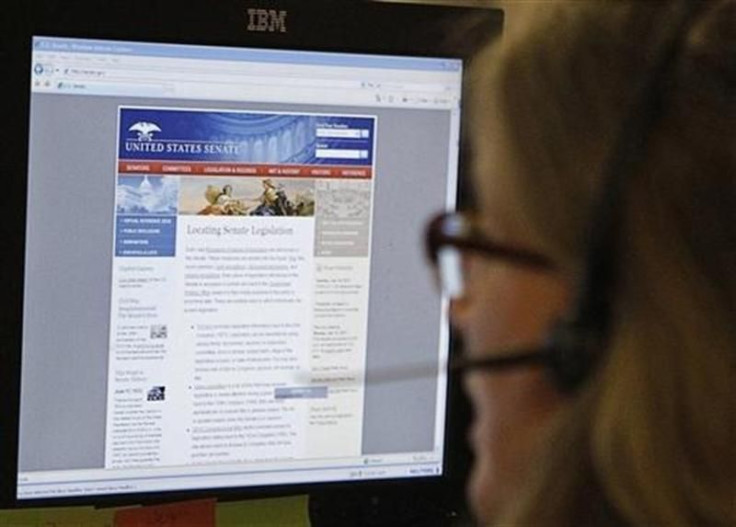Critics Seek to Stall Senate Cybersecurity Bill

(Reuters) -- Republican critics of a Senate cybersecurity bill want to slow down consideration of the measure, saying it could give government too much power over private-sector infrastructure companies.
A group of senators introduced a comprehensive bill this week that requires the secretary of homeland security to designate certain infrastructure like air traffic control as critical and compel steps to defend it against hackers.
Sens. John D. Rockefeller IV, D-W.Va., Dianne Feinstein, D-Calif., Susan Collins, R-Maine and independent Joseph Lieberman of Connecticut are the primary sponsors.
They say it is needed to prevent a catastrophic attack on the nation's water supply, electric grid, financial networks and transportation infrastructure.
Senate Majority Leader Harry Reid, D-Nev., has said the bill would be brought quickly to the Senate floor because portions of it had been worked on for years.
This irritated Sen. John McCain, R-Ariz., who said on Thursday that he and other Republicans on committees that have jurisdiction over the bill thought that it was moving too fast.
The Arizona Republican, speaking at a Homeland Security and Governmental Affairs Committee hearing, also criticized the leading role that the Department of Homeland Security would take under the bill in pushing better cyber practices on sometimes reluctant industries.
McCain said that unelected bureaucrats at DHS would promulgate regulations that would stymie job creation and provide a distraction from actual cybersecurity.
He promised his own bill in coming weeks.
Lieberman said he was disappointed by his close friend McCain's remarks. We pleaded for involvement. A lot of people including yourself have not come to the table.
Lieberman said it was unlikely that Reid would slow the bill coming to the floor because of critics' objections.
Tom Ridge, a former homeland security secretary now at the Chamber of Commerce, said that companies support elements of the bill that allow better information sharing between the government and companies about threats and attacks as they develop.
But the chamber opposed putting DHS in charge of critical infrastructure to ensure key companies can defend their networks from dangerous attacks.
Defense contractors such as Lockheed Martin Corp have been among the high-profile victims of cyberattacks. Others include Google, Citigroup and exchange operator Nasdaq OMX.
Despite the criticisms, Collins argued for moving the bill quickly, citing data showing that cybercrime globally cost $114 billion a year. It would be irresponsible for us not to pass legislation because of turf battles, she said.
The U.S. House of Representatives is considering legislation that overlaps with the Senate measure on some points.
(Reporting by Diane Bartz; Editing by Tim Dobbyn)
© Copyright Thomson Reuters 2024. All rights reserved.




















